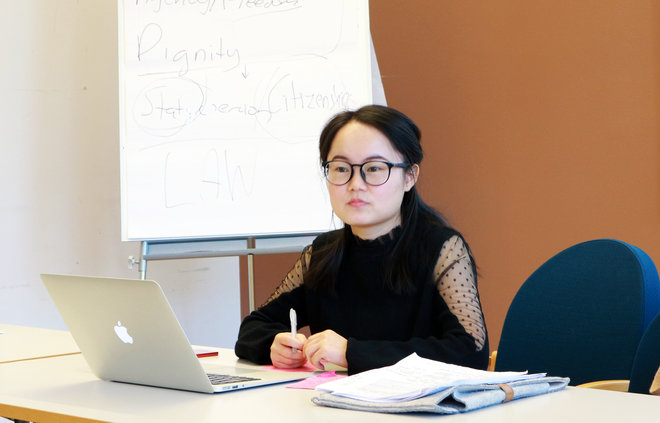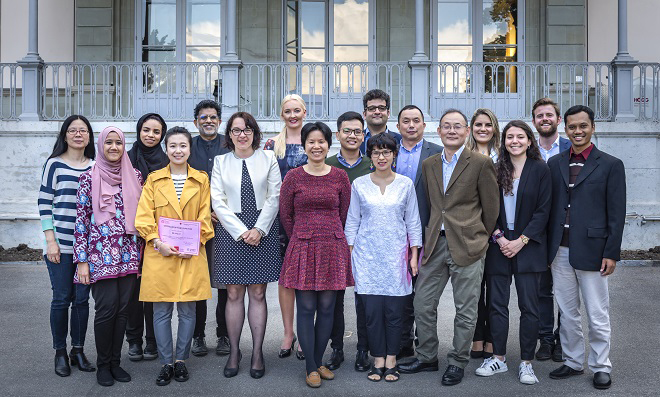In 2016 we set aim to have impact on several ambitious and far-reaching goals regarding human rights and the Sustainable development goals (SDGs).
The global climate for working with human rights issues, as well as the situation for academic freedom has become more difficult throughout the period. Strategic priorities, long-term commitments and dedicated partners have made it possible for NCHR to promote human rights even in challenging times.
With reference to our impact goals we believe we have contributed to:
Human Rights Education
Securing more accessible and quality ensured human rights education in ASEAN and China, thereby supporting the achievement of SDG 4.7 (ensuring amongst others that all learners acquire the knowledge and skills needed to promote human rights and gender equality).

Rule of Law
A more just prosecution, and preventing torture in several countries. The methodology «investigative interviewing» has been taught and disseminated in several countries and has become two multilateral tracks. NCHR is currently developing universal UN Guidelines for police interviewing, and a manual for UN police (UNPOL).

Freedom of Religion or Belief
Publications and the stimulation of reformist thinking on freedom of religion or belief has influenced the Indonesian law on child marriage and provided a safe space for Christian-orthodox reform thinkers to debate previously closed subjects, such as gender and sexuality.

Inclusive Societies: Equality and Non-discrimination
Increased access to education in gender, equality and human rights in China in support of SDG 5, as well as having provided a forum for discussing disability, gender and sexuality (intersectionality) in Asia.

Business and Human Rights
Strenthening public participation in village administration, especially in areas prone to corporate land-grabbing. In one district in Sulawesi, concisting of 217 villages, this has resulted in changes in how funds to villages are managed, making district authorities less able to undermine local decision-making processes.

UN Human Rights Mechanisms
Participants of the UN Human Rights Mechanisms programme have acquired and disseminated knowledge about the work of the UN Human Rights Council to ensure public access to information and protect fundamental freedoms (SDG 16.10).

First joint human rights curriculum in Southeast Asia
The Education Committee of the Association of Southeast Asian Nations (ASEAN) for the first time adopted a joint human rights curriculum for the entire region. NCHR assisted partner SHAPE SEA in the development of three textbooks and manuals which were adopted by ASEAN so that academic institutions in Southeast Asia have access to university level human rights study materials, both in print and online.
Human Rights and Islamic jurisprudence
With the support of the NCHR-based Oslo Coalition on Freedom of Religion and Belief, the UIN University of Indonesia has conducted education of religious officials (KUA) in Yogyakarta, Indonesia on human rights and Islamic jurisprudence. Based on the success of the programme, Indonesia's Ministry of Religious Affairs has decided to apply the expertise and material developed in Yogyakarta to the rest of the 5495 KUA offices in Indonesia.
Increased access to gender and human rights education in China
75 Chinese university teachers have participated in NCHR-supported training courses on gender and human rights. When the training project started in 2017, three Chinese universities had courses on gender and human rights. By the end of 2019, a total of 14 separate courses were initiated by former course participants. In addition, China's first textbook on gender and human rights has been finalised.
Many of the 2017-2019 projects are further developed and extended into 2020-2021.